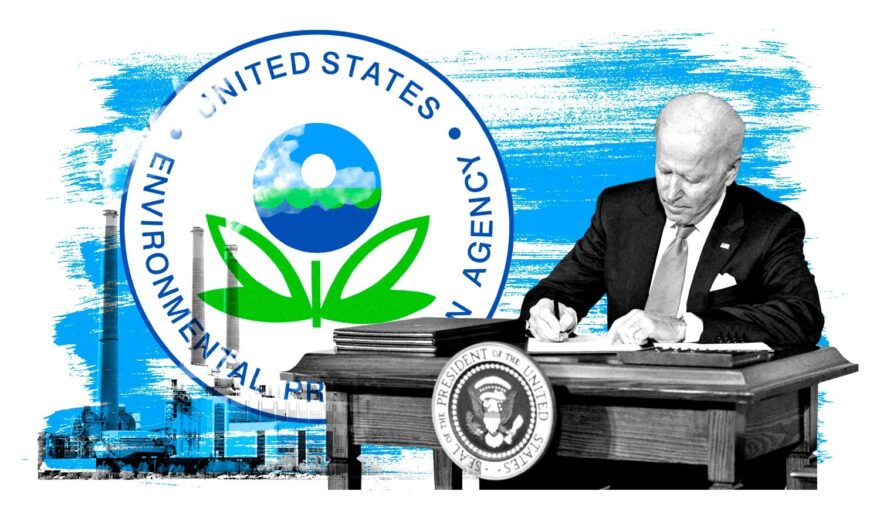
Public health organizations have filed a lawsuit against the US regarding the reapproval of two herbicides containing an active ingredient found in Agent Orange, a chemical weapon used by the US military during the Vietnam War to eliminate vegetation, resulting in significant health issues for both soldiers and Vietnamese civilians.
The lawsuit claims that the EPA’s scientific evidence demonstrates the risks to human health and the detrimental effects on endangered species when the chemical is widely applied to US farmland. However, the agency allegedly failed to adequately assess these risks during the reapproval process. Additionally, the herbicide is known to harm non-genetically modified (non-GMO) crops and vegetation in neighboring fields.
The lawsuit seeks intervention from a federal judge to compel the agency to revoke its approval and reevaluate the environmental and health risks associated with the herbicides, utilizing appropriate and accurate methodologies.
According to Kristina Sinclair, a lawyer representing the Center for Food Safety, “[The herbicides] are highly toxic and have devastating impacts on wildlife and rural communities that live near sprayed fields”. The Center for Food Safety, in collaboration with Pesticide Action Network North America and Alianza Nacional de Campesinas, filed the lawsuit.
Following the nullification of the herbicides’ previous approval by a federal court in late 2020, the complaint claims that the EPA hurriedly granted reapproval for the herbicides despite the court’s ruling.
The active ingredient 2,4-D is present in Enlist One and Enlist Duo, which are applied to fields planted with genetically modified corn, soybeans, and cotton that are engineered to withstand these herbicides. The World Health Organization classifies 2,4-D as a probable carcinogen and it has been linked to various health issues in humans, including non-Hodgkin’s lymphoma, birth defects, and respiratory problems.
Moreover, the chemical is believed to have detrimental effects on numerous endangered species such as butterflies, birds, fish, deer, panthers, and bats. It operates by targeting the roots and leaves of weeds, causing them to produce abnormal cells, similar to inducing cancer to disable or eradicate it.
The lawsuit also asserts that the approval of these products poses a threat of increased proliferation of herbicide-resistant weeds. The EPA allegedly failed to adequately address these risks, which will make weed management more challenging for farmers.
Furthermore, one of the Enlist products incorporates glyphosate, a highly contentious and toxic ingredient that has been associated with cancer. Glyphosate is the subject of a separate lawsuit concerning its EPA approval.
Enlist One and Duo were initially granted approval by the EPA for usage in several states in 2014. Subsequently, the agency expanded the application of these products to a significant portion of the United States. Over time, they have become widely utilized. However, as part of the registration renewal process in 2021, a health review was initiated. The EPA conducted assessments of the products’ health and environmental impacts based on previous usage levels, which, according to the environmental groups, greatly underestimated the risks involved.
According to the complaint, the herbicides were applied to approximately 1.5 million acres of cropland in 2018. The manufacturer of the weed killer, Corteva, reported that usage has tripled since then.




